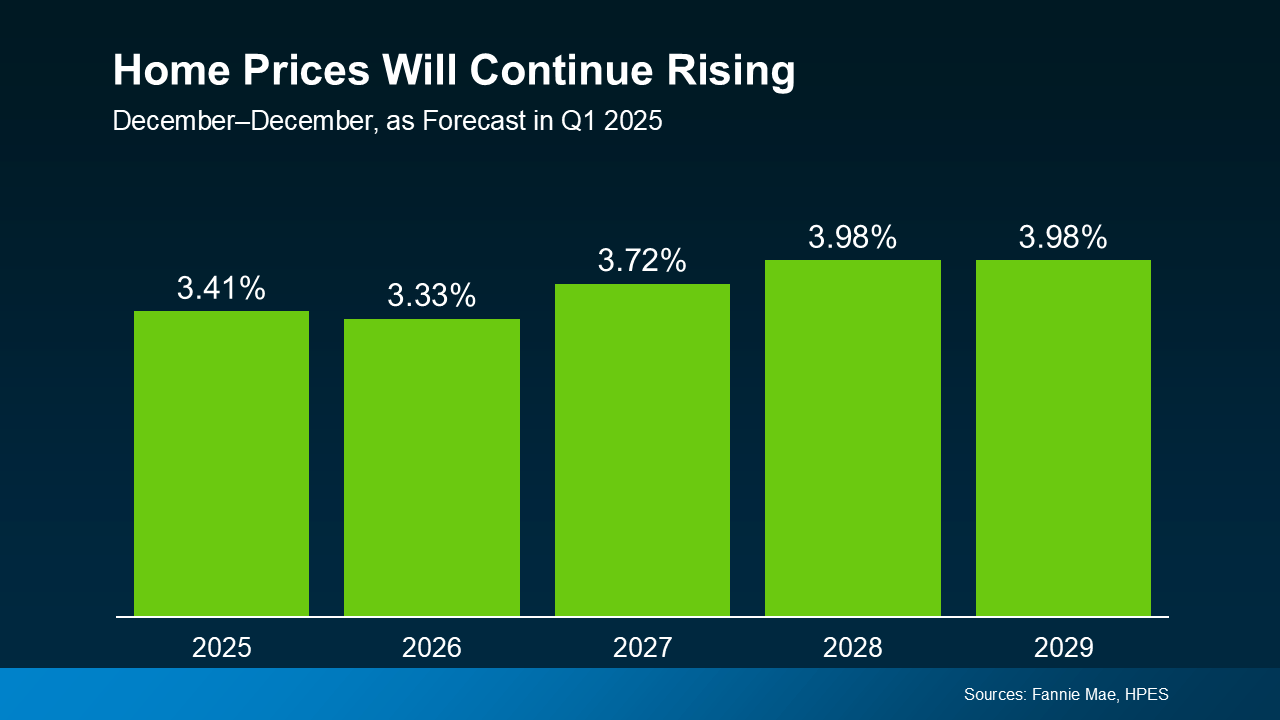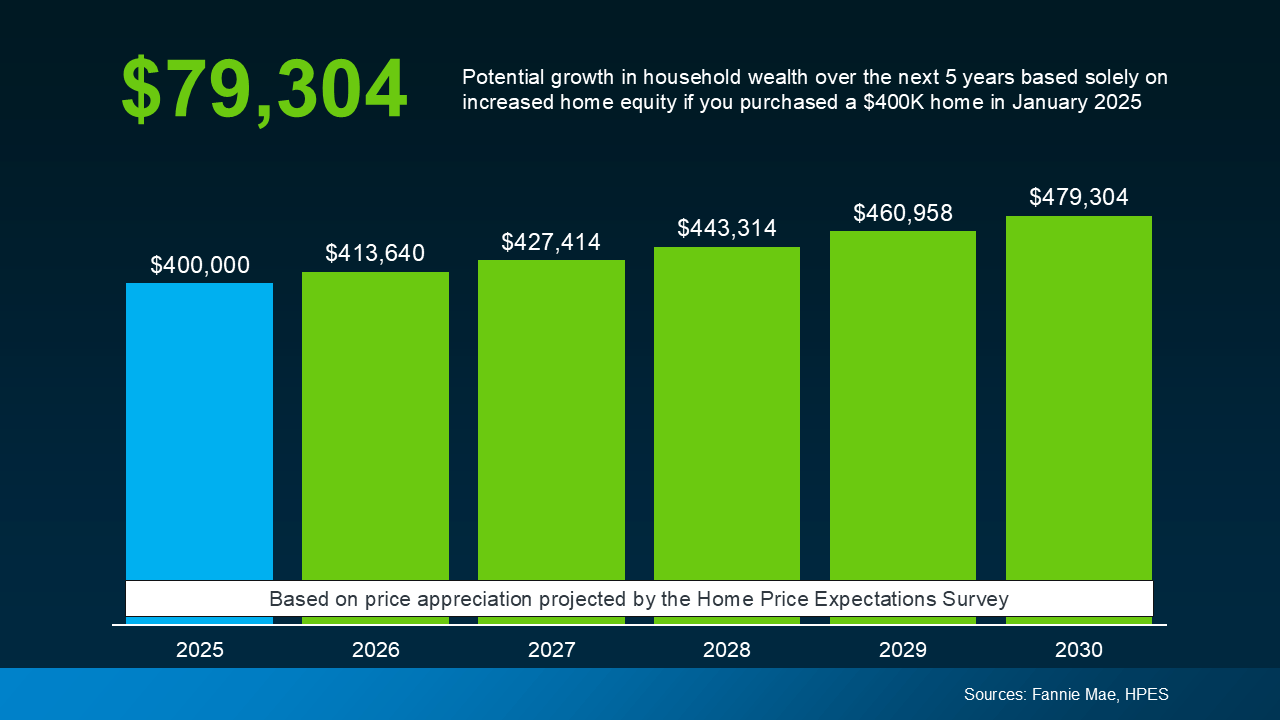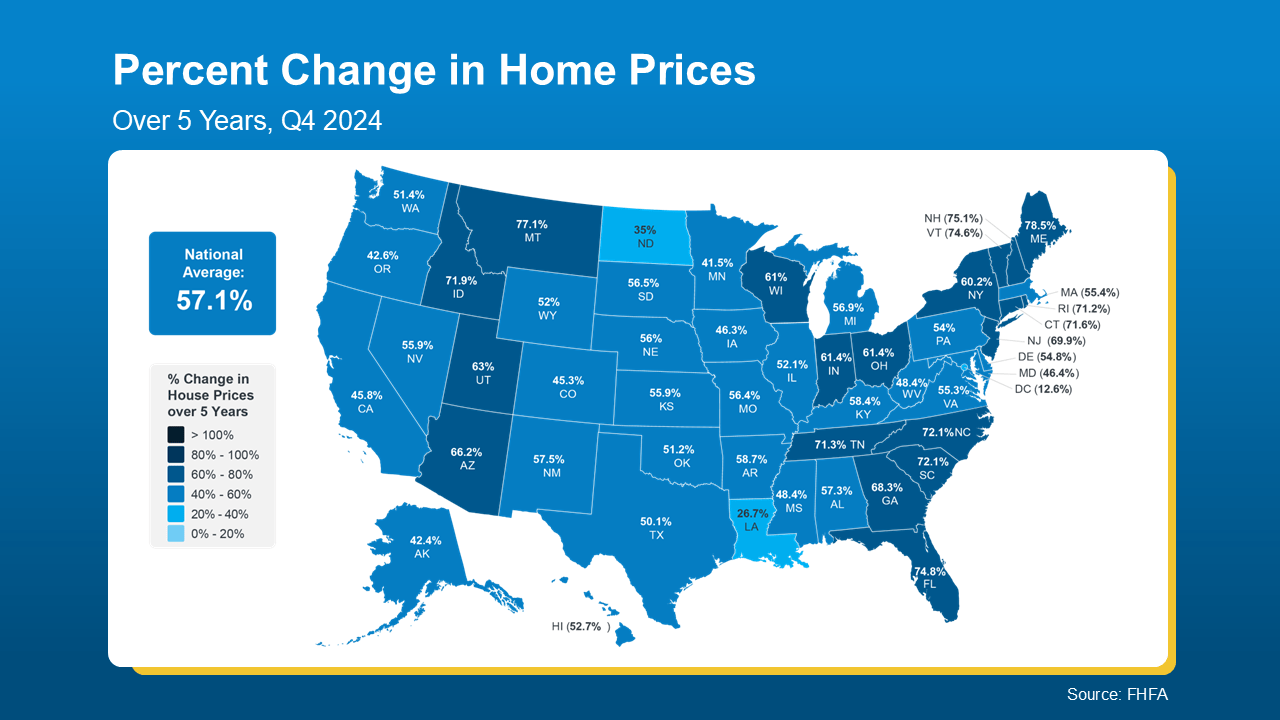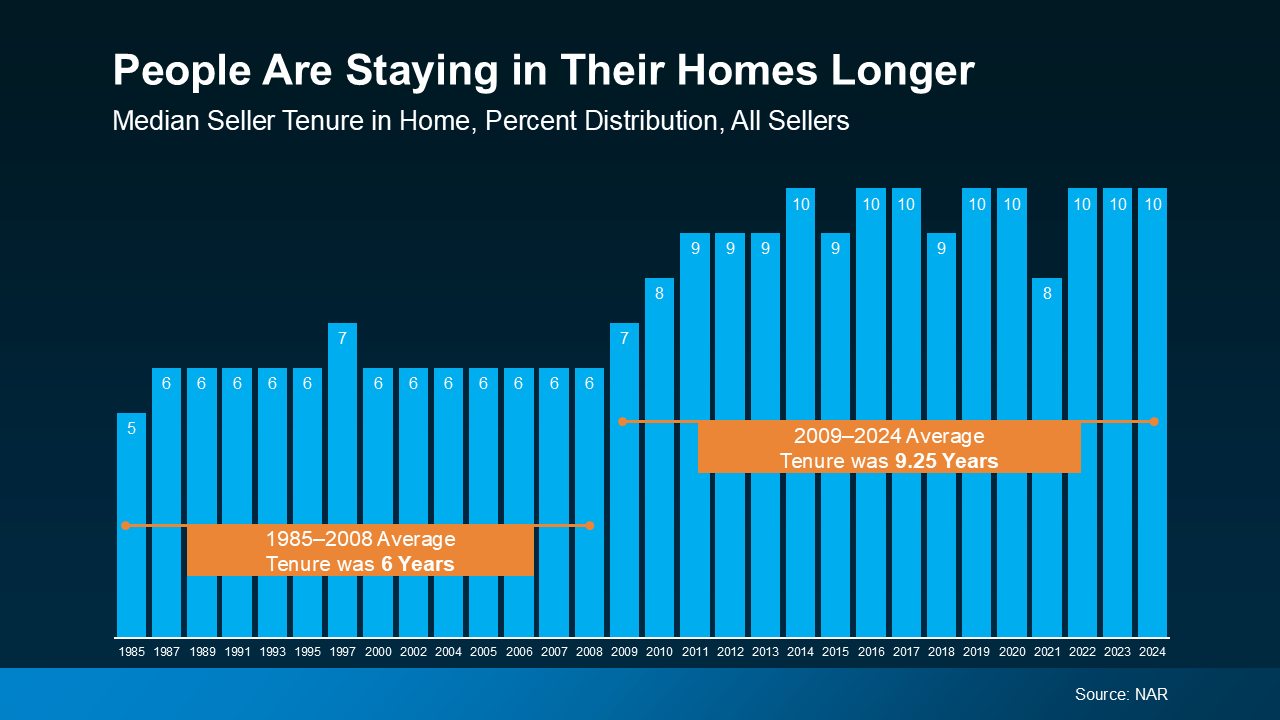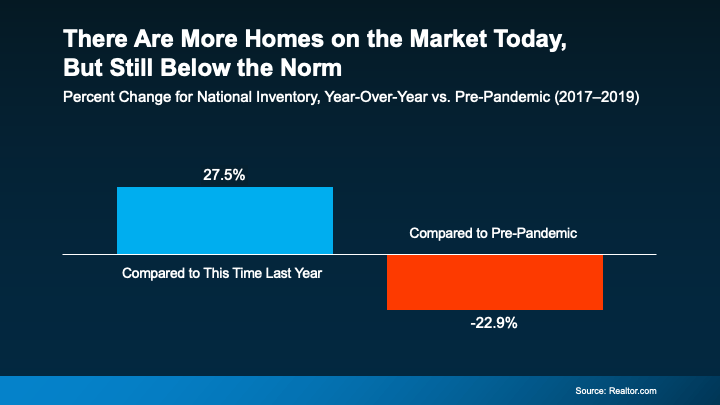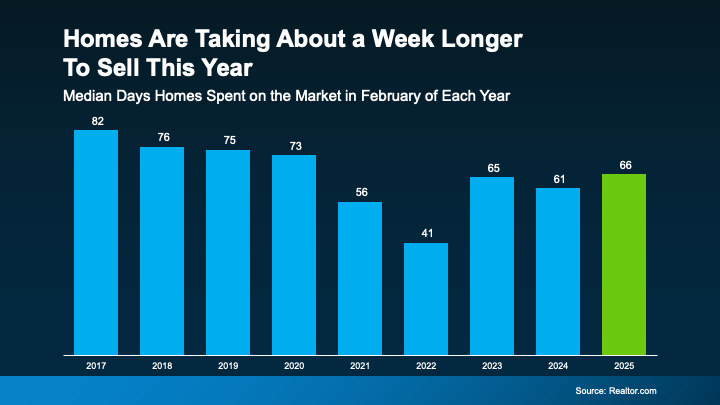Top Reasons Homes Fall Out of Contract
It’s not something you usually think much about when you list your home for sale, let alone when you get and accept an offer, but it happens a lot: The buyer backs out of the sale. Over the past year, we’ve seen quite a lot of buyer back-outs. Approximately one out of seven real estate contracts are terminated for any number of reasons. A report published by Redfin on July 23, 2024, revealed that nearly 56,000 home-purchase agreements were canceled in June 2024. That equates to 14.9% of homes that went under contract that month, and the highest percentage of any June on record.
The Appraisal Comes In Low
It’s my experience, and that of many REALTORS® that the most common reason for buyers to back out of a sale is because the appraisal comes in lower than the offer price. The buyers may very well want the house, but are unwilling or unable to pay over the appraised value.
“Buyers sometimes offer more than a home is worth, either from exhaustion of bidding wars or the fear of missing out,” Kalla said. “If the appraisal is lower than the agreed price, lenders won’t finance the full amount, and buyers may not have the cash to cover the gap.”
As long as the contract allows, it’s an easy walk away when the appraisal is low, especially for VA and FHA loans.
The Buyer’s Financing Falls Through
Preapproval on a mortgage loan does not equal approval. A buyer needs to go through a complex underwriting process in order to get a final approval from a lender. It’s not uncommon for financing to fall through, resulting in a buyer backout.
“Even in the tech-driven, affluent Bay Area, buyers often rely on mortgage financing,” Kalla said. “If a buyer’s loan is denied due to a change in employment, a sudden dip in credit score or unanticipated credit card debt, the deal can collapse.”
Financing can fall through over seemingly insignificant issues.
“I have had a buyer’s financing being jeopardized because of using a Target credit card that he didn’t pay off for $400 and was not aware of it,” Kalla said. “This is especially prevalent in a high-cost market where even small financial hiccups can derail loan approval.”
A Bad Inspection
Most homebuyers get a home inspection done before closing escrow. They are very expensive, but more importantly they are very comprehensive. A home inspector checks the condition of numerous parts of a home including the roof, walls, foundation, electrical systems and more. A poor inspection can easily lead to a buyer getting nervous and backing out. Not all buyers want to come into a new house and have to make a lot of repairs.
Some items are automatic red flags like foundations, roofs and leaking basements.
A Bad Neighbor
Is your new next door neighbor someone who likes to blast loud music at home? Do they hoard junk on their front porch or cars up on blocks on the lawn? Are they always in your business? A bad neighbor is a good reason for a buyer to back out.
It’s not unusual for buyers to drive by the property several times and if they see a concern, prepare to exit the contract. Political signs are a huge turnoff…at least for 50% of buyers.
Buyer’s Remorse
Buying a house is an incredibly intense process. It’s not only a complete headache in regard to paperwork, but it’s also exhausting to be put through the ringer when going through the underwriting process to get final approval. Buyers sometimes back out because they get cold feet or feel overwhelmed.
“Some buyers second-guess their decision or feel buyer’s remorse the day after they get into contract, especially if they rushed the process or waived contingencies.” Buyer’s Remorse is a very real thing.
Richard Iarossi, REALTOR®
Coldwell Banker Realty
1300 Main Chapel Way, Gambrills, MD 21054
443.995.9595 Cell
410.721.0103 Office
eMail: rich@richsellshomes.com
Web: https://richsellshomes.com
A portion of every commission goes to support St. Jude charity directly
#AnnapolisRealEstate #CroftonMDHomes #BowieMDRealEstate #SevernaParkHomes #PasadenaMDHomes #GambrillsRealEstate #ArnoldMDRealEstate #EdgewaterMDHomes #MillersvilleMDHomes #OdentonRealEstate


 Facebook
Facebook
 X
X
 Pinterest
Pinterest
 Copy Link
Copy Link


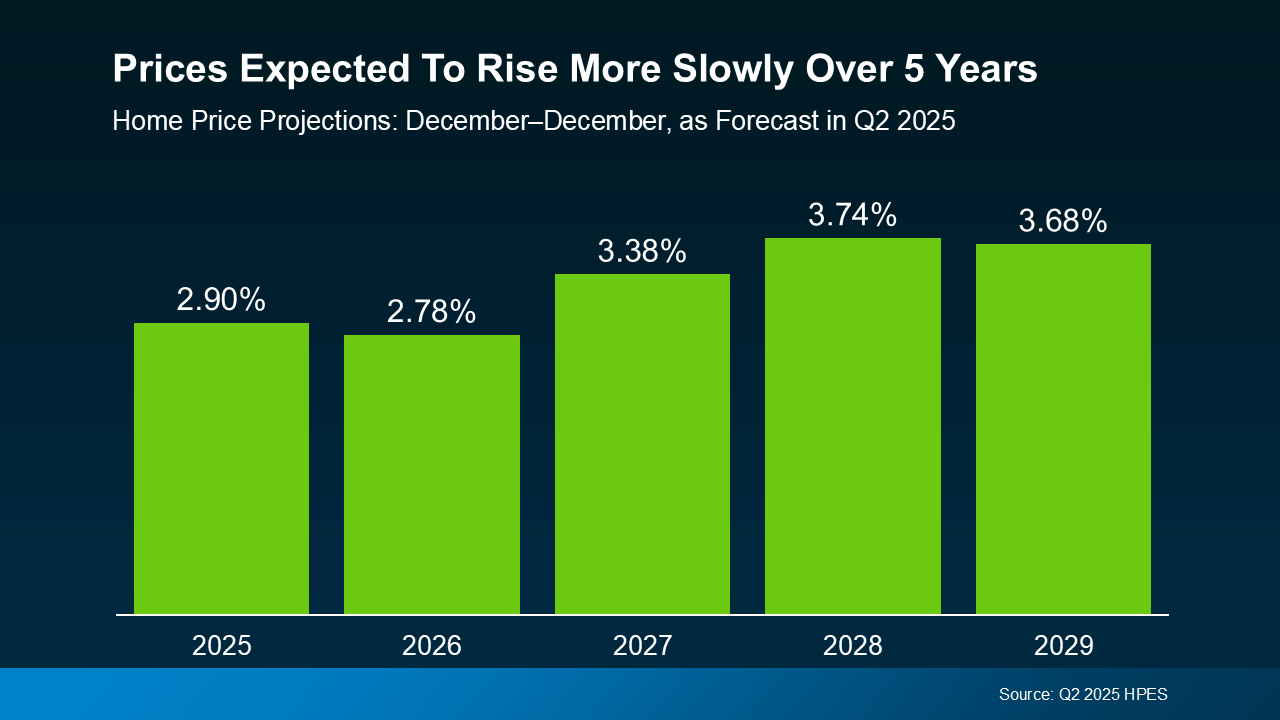
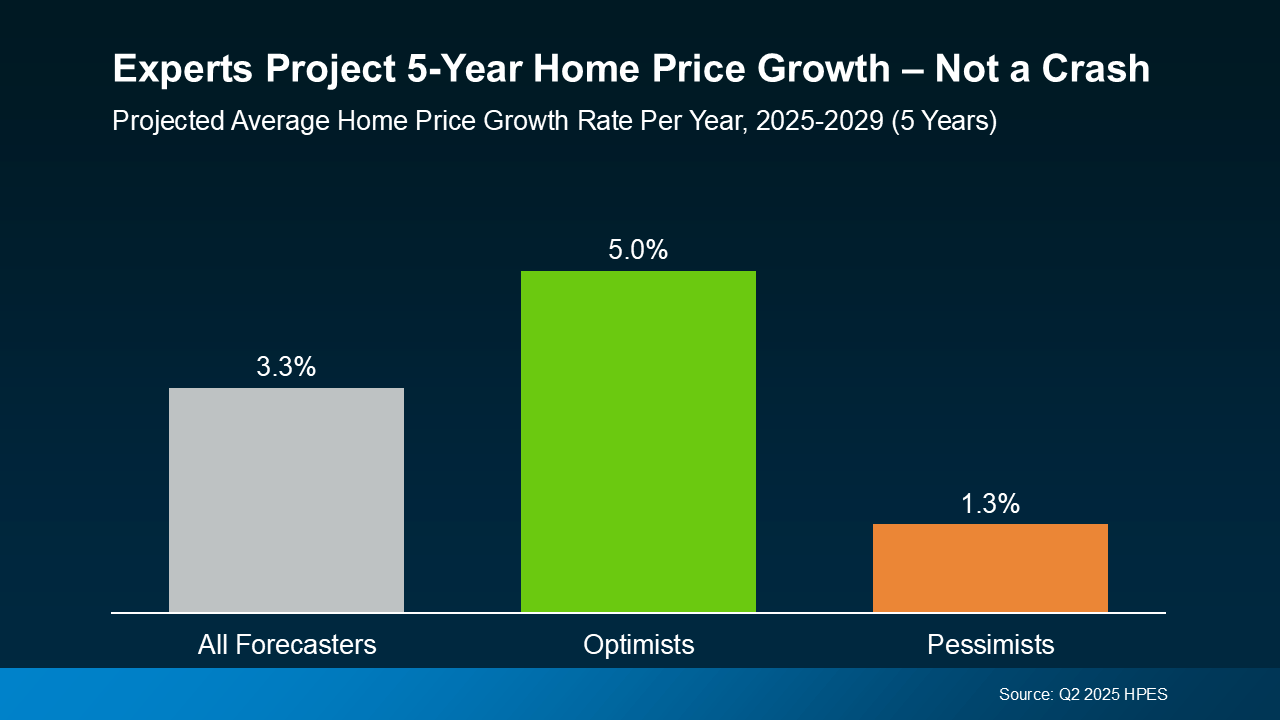
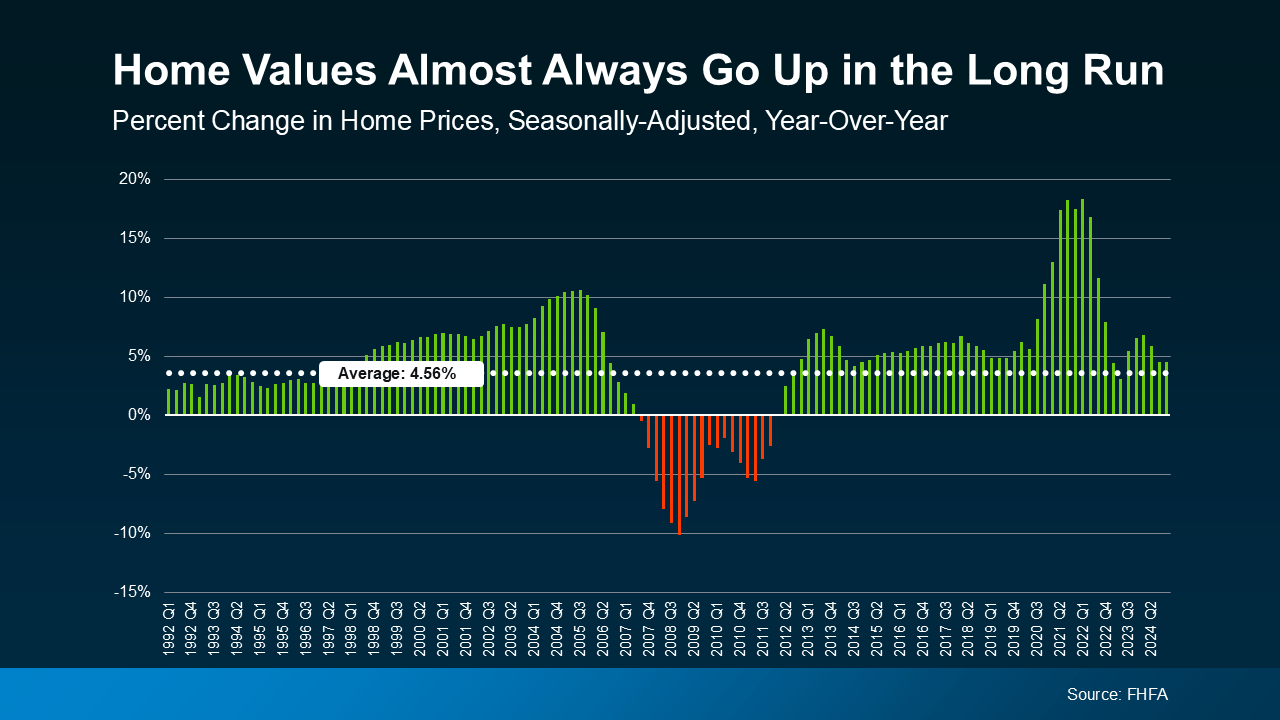
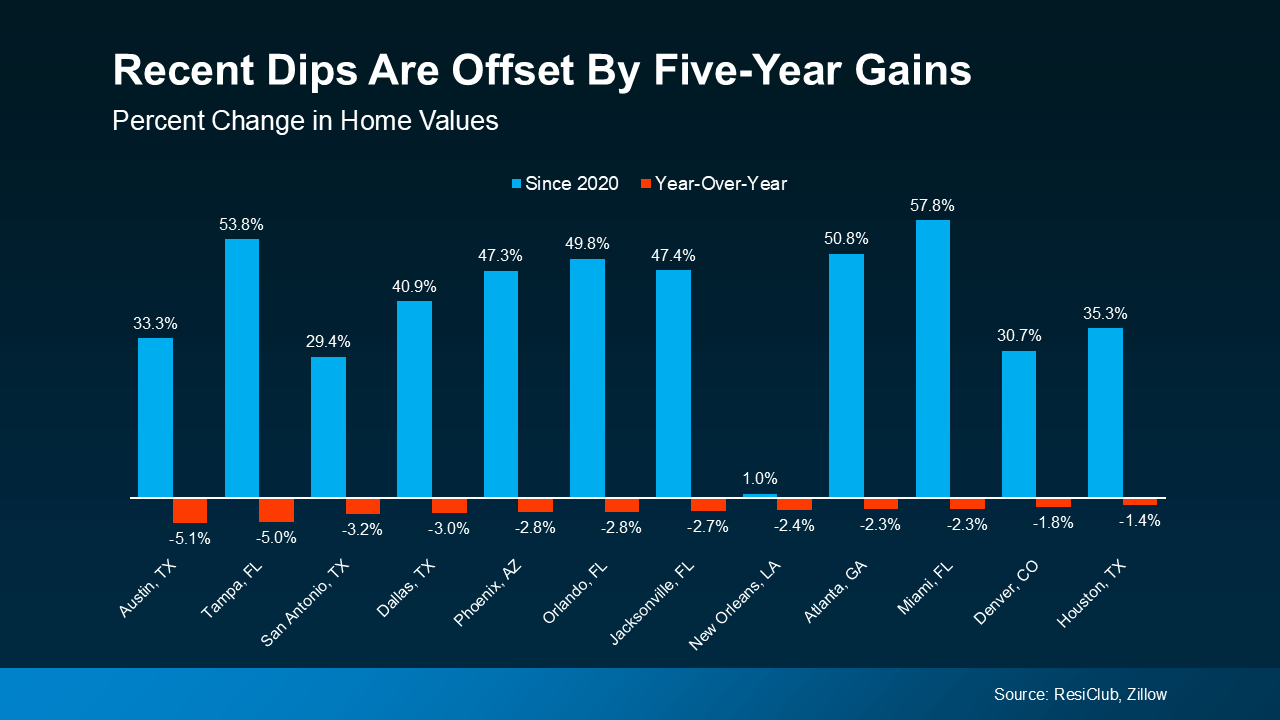 The Big Picture
The Big Picture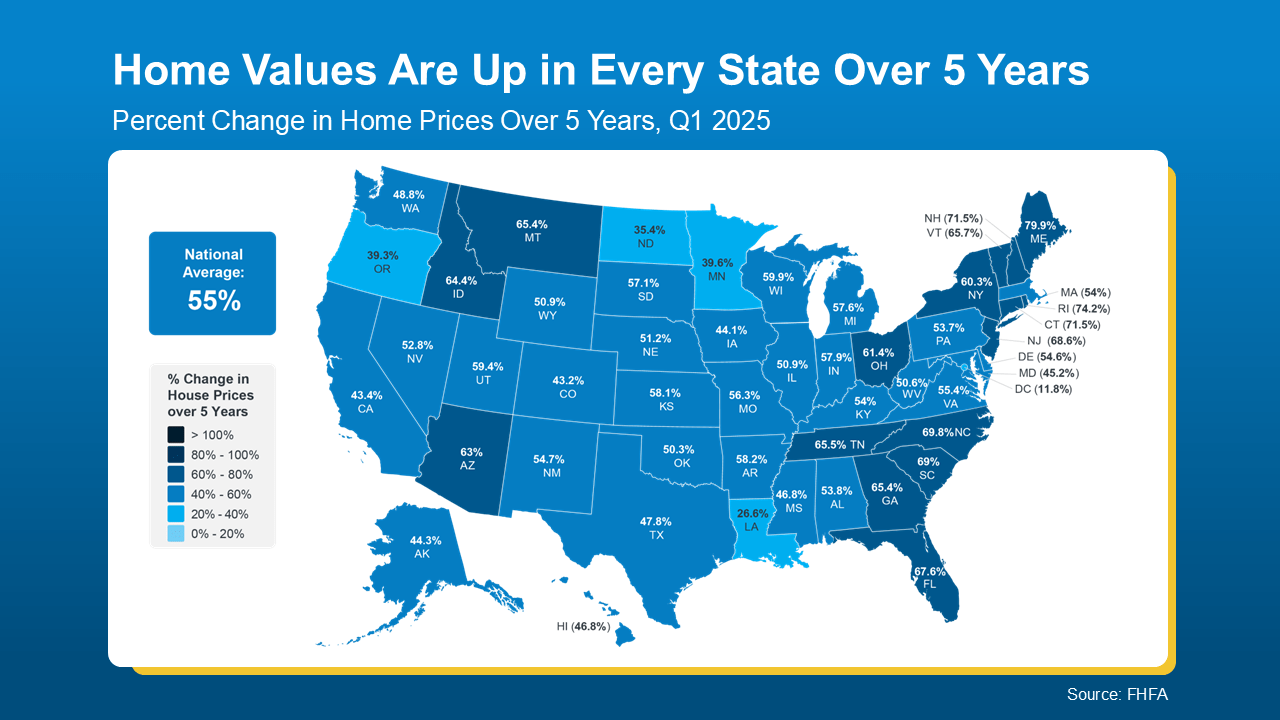
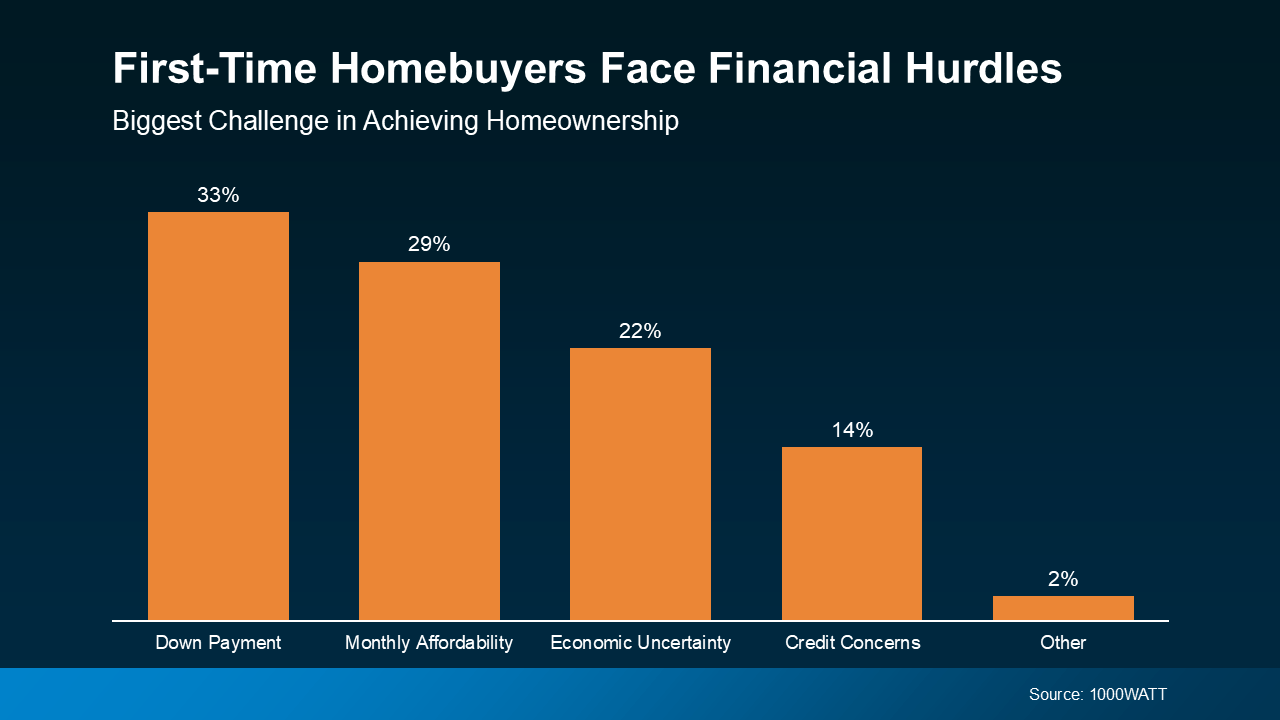 That’s Where FHA Loans Come In
That’s Where FHA Loans Come In Essentially, buyers who use an FHA loan may not have to come up with as much cash up front. But the perks don’t stop there. You may also be able to pay less monthly, too.
Essentially, buyers who use an FHA loan may not have to come up with as much cash up front. But the perks don’t stop there. You may also be able to pay less monthly, too.



